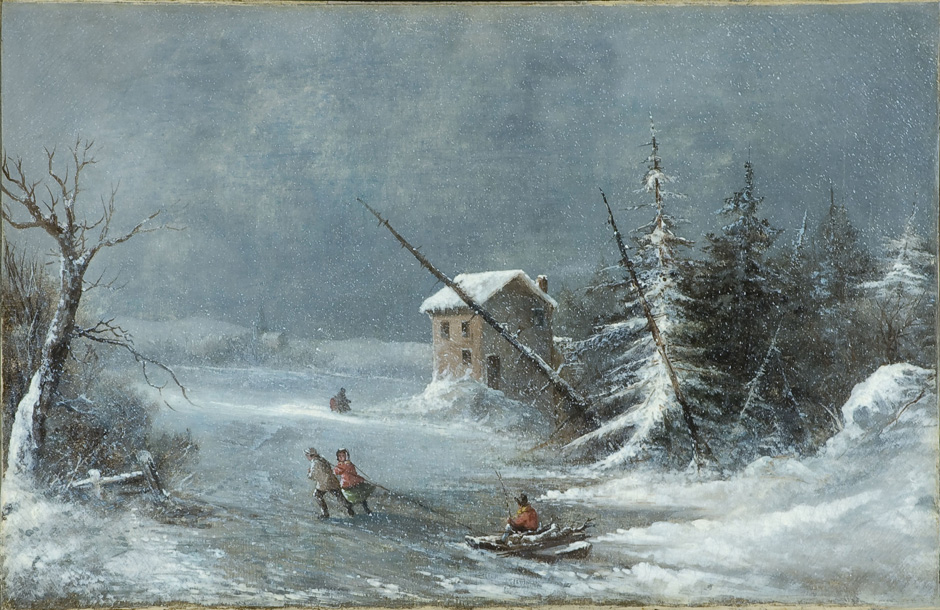
Dummer
Upper Canada
I appealed to the situation in which I beheld herself and her children, and implored her, for their sakes, not to refuse help from friends who felt for her distress. Her maternal feelings triumphed over her assumed indifference, and when she saw me weeping, for I could no longer restrain my tears, her pride yielded, and for some minutes not a word was spoken. I heard the large tears, as they slowly fell from her daughter’s eyes, drop one by one upon her garments.
At last the poor girl sobbed out, “Dear mamma, why conceal the truth? You know that we are nearly naked, and starving.”
Then came the sad tale of domestic woes:—the absence of the husband and eldest son; the uncertainty as to where they were, or in what engaged; the utter want of means to procure the common necessaries of life; the sale of the only remaining cow that used to provide the children with food. It had been sold for twelve dollars, part to be paid in cash, part in potatoes; the potatoes were nearly exhausted, and they were allowanced to so many a day. But the six dollars she had retained as their last resource. Alas! she had sent the eldest boy the day before to P——, to get a letter out of the post-office, which she hoped contained some tidings of her husband and son. She was all anxiety and expectation, but the child returned late at night without the letter which they had longed for with such feverish impatience. The six dollars upon which they had depended for a supply of food were in notes of the Farmer’s Bank, which at that time would not pass for money, and which the roguish purchaser of the cow had passed off upon this distressed family.
Susanna Moodie, Roughing It in the Bush (1852)